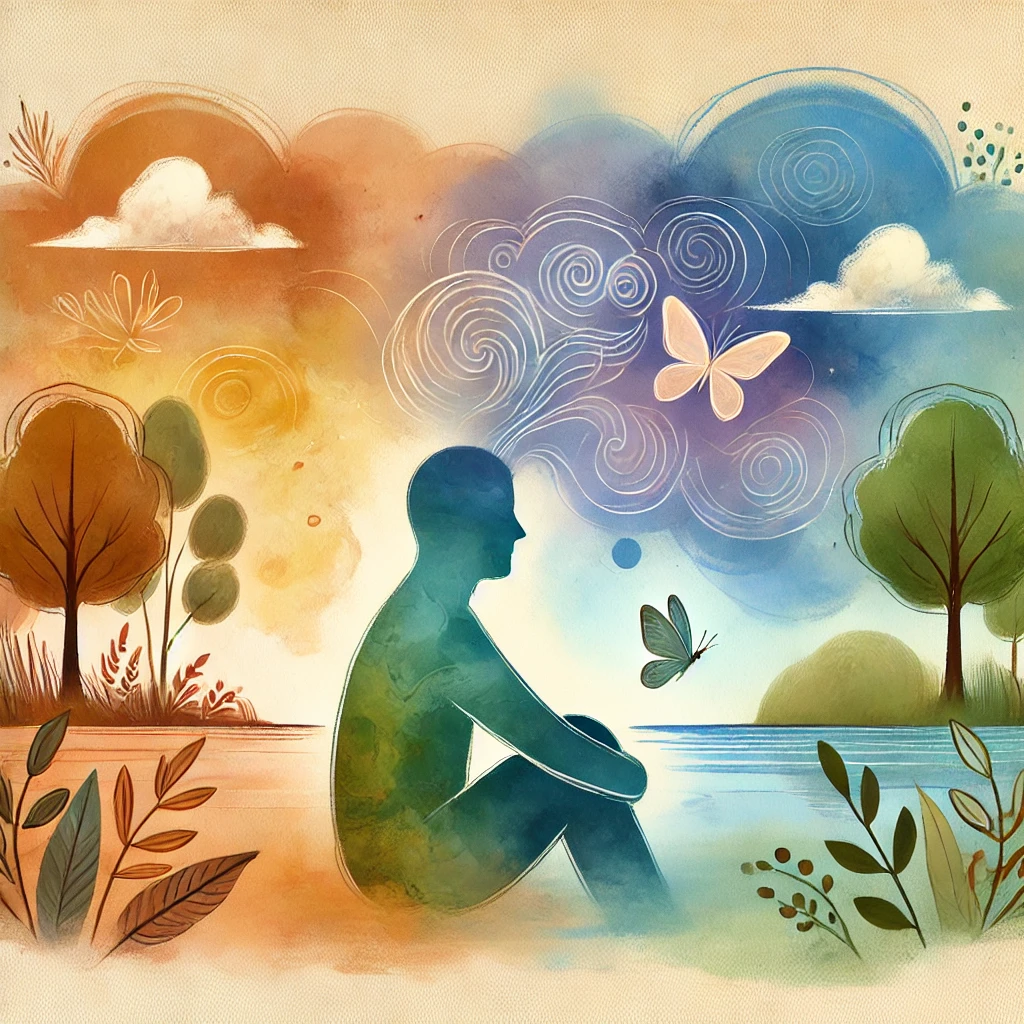I often work with clients who struggle with anxiety, a common but often misunderstood condition. While many people are aware of anxiety’s more obvious symptoms, there are several lesser-known aspects that can significantly affect one’s life. Here are seven things you may not know about anxiety.
1. Anxiety Can Be a Healthy Response
Anxiety often gets a bad reputation, but it’s important to remember that it can be a normal, healthy response to stress. It’s your body’s way of preparing you to face challenges or potential threats. Without a certain level of anxiety, we might not have the motivation to take action or stay alert in critical situations. The key is managing anxiety so that it doesn’t overwhelm you. It is often easy to confuse anxiety and excitement as our bodies have the same response to both.
2. Anxiety Affects the Body as Much as the Mind
While anxiety is often thought of as a mental health issue, it can have significant physical effects. You might experience headaches, muscle tension, digestive issues, or even chronic pain. These physical symptoms can sometimes be mistaken for other health problems, which is why it’s crucial to consider anxiety as a possible underlying cause when dealing with unexplained physical symptoms.
3. It Can Be Triggered by Everyday Substances
Did you know that your morning coffee might be making your anxiety worse? Caffeine is a known stimulant that can increase feelings of anxiety. Similarly, sugar and certain medications can exacerbate anxiety symptoms. Being mindful of what you consume can help you manage your anxiety more effectively.
4. Anxiety Is Linked to Perfectionism
Many people who struggle with anxiety also have perfectionistic tendencies. The desire to do everything perfectly can create immense pressure and lead to chronic anxiety. It’s important to recognise that perfectionism is not just about wanting to do well; it’s also about the fear of making mistakes or not being good enough, which can fuel anxiety.
5. Social Anxiety Is More Common Than You Think
Social anxiety, or the fear of social situations and being judged by others, is one of the most common forms of anxiety. Many people experience it to some degree, yet it often goes unrecognised or untreated. If you find yourself feeling excessively nervous in social situations, you’re not alone, and there are effective treatments available.
6. Anxiety Can Be Managed Without Medication
While medication can be helpful for some people, it’s not the only option for managing anxiety. Therapy is highly effective in helping people understand and change the thought patterns that contribute to their anxiety. Mindfulness practices, regular exercise, and lifestyle changes can also make a significant difference.
7. Anxiety Is Not a Sign of Weakness
One of the most damaging myths about anxiety is that it’s a sign of weakness. In reality, anxiety can affect anyone, regardless of how strong or resilient they are. It’s a condition that deserves understanding and compassion, not judgment. Seeking help for anxiety is a sign of strength, not weakness.
